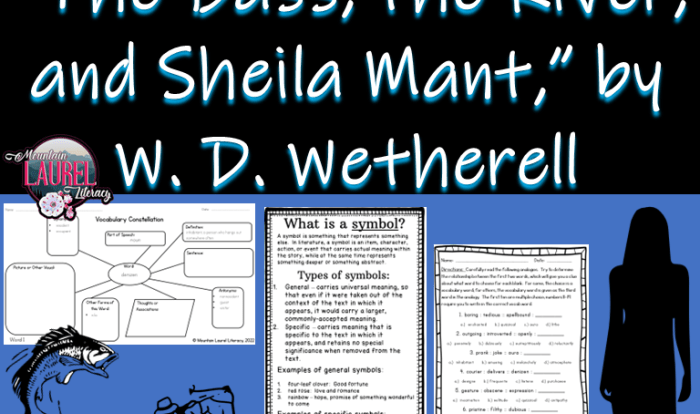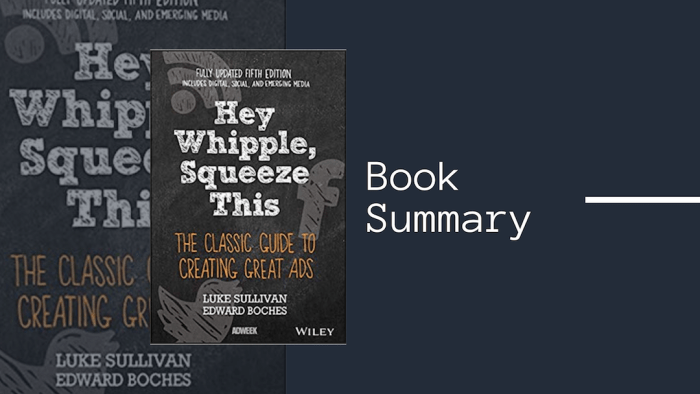One flew over cuckoo’s nest quotes – One Flew Over the Cuckoo’s Nest quotes offer profound insights into the themes of rebellion, power dynamics, and the nature of mental illness. Ken Kesey’s iconic novel, published in 1962, has resonated with readers for decades, inspiring countless adaptations and sparking important conversations about mental health and social justice.
The novel follows the story of Randle McMurphy, a rebellious inmate who challenges the oppressive authority of Nurse Ratched in a mental institution. Through the eyes of Chief Bromden, a Native American patient, we witness the struggles of the patients against the dehumanizing system that seeks to control them.
Themes and Motifs: One Flew Over Cuckoo’s Nest Quotes
One Flew Over the Cuckoo’s Nest is a powerful exploration of rebellion, individuality, and the struggle against authority. The novel’s central symbol, the cuckoo’s nest, represents the oppressive environment of the mental hospital, where individuality is stifled and conformity is enforced.
Power Dynamics and the Struggle Against Authority
The novel explores the power dynamics between the patients and the staff of the mental hospital. The staff, led by the tyrannical Nurse Ratched, wield their authority to control and manipulate the patients. The patients, in turn, struggle to assert their independence and resist the oppressive regime.
Mental Illness as a Metaphor for Social Control
Kesey uses mental illness as a metaphor for the ways in which society labels and controls those who are different. The patients in the mental hospital are seen as outsiders and are treated with fear and prejudice. The novel suggests that mental illness is often a result of social factors, such as poverty, trauma, and discrimination.
Character Analysis
The characters in One Flew Over the Cuckoo’s Nestare complex and multifaceted, each with their own motivations and struggles. Three of the most important characters are Randle McMurphy, Chief Bromden, and Nurse Ratched.
Randle McMurphy, One flew over cuckoo’s nest quotes
Randle McMurphy is a rebellious and charismatic inmate who is transferred to the mental hospital from a prison farm. He quickly becomes a leader among the other patients, challenging the authority of Nurse Ratched and her oppressive regime. McMurphy’s rebellious nature is a threat to the order and control that Nurse Ratched has established, and she sees him as a dangerous influence on the other patients.
Chief Bromden
Chief Bromden is a Native American patient who has been institutionalized for many years. He is a silent and withdrawn figure, but he is also a keen observer of the events that unfold around him. Bromden’s perspective as a narrator provides a unique insight into the inner workings of the mental hospital and the characters who inhabit it.
Nurse Ratched
Nurse Ratched is the head nurse of the mental hospital. She is a cold and calculating woman who maintains a strict control over her patients. Ratched’s authoritarian tendencies are a reflection of the oppressive and dehumanizing nature of the mental health system.
She sees her patients as inferior and believes that they need to be controlled and disciplined.
Literary Techniques
Ken Kesey’s One Flew Over the Cuckoo’s Nest is a powerful and thought-provoking novel that explores the complexities of mental illness and the flaws within the mental health system. Kesey employs a variety of literary techniques to achieve these goals, including stream-of-consciousness narration, humor, satire, and a carefully crafted structure.
Stream-of-Consciousness Narration
One Flew Over the Cuckoo’s Nest is narrated from the perspective of Chief Bromden, a Native American patient who has been institutionalized for years. Kesey uses stream-of-consciousness narration to give readers access to Chief Bromden’s inner thoughts and experiences. This technique allows readers to see the world through the eyes of a character who is often marginalized and misunderstood.
It also helps to create a sense of immediacy and authenticity, as readers are able to experience Chief Bromden’s thoughts and emotions as they happen.
Humor and Satire
Despite its serious subject matter, One Flew Over the Cuckoo’s Nest is also a darkly humorous novel. Kesey uses humor and satire to critique the mental health system and the ways in which it dehumanizes patients. For example, the novel’s protagonist, Randle McMurphy, is a rebellious and charismatic patient who challenges the authority of the hospital staff.
McMurphy’s antics often lead to humorous situations, but they also highlight the absurdity and cruelty of the mental health system.
Structure
The structure of One Flew Over the Cuckoo’s Nest is carefully crafted to contribute to the novel’s overall message. The novel is divided into three parts, each of which focuses on a different aspect of the mental health system. The first part introduces the characters and the setting, and it establishes the conflict between McMurphy and the hospital staff.
The second part focuses on McMurphy’s attempts to challenge the system, and it includes some of the novel’s most humorous and satirical moments. The third part of the novel is more somber, and it focuses on the consequences of McMurphy’s actions.
Historical and Cultural Context
The 1960s witnessed significant shifts in the mental health system in the United States. The prevailing custodial model, which emphasized institutionalization and isolation, began to give way to community-based care. This shift was driven by advances in psychopharmacology and the growing influence of the counterculture movement.
The Counterculture Movement and Anti-Establishment Sentiment
The counterculture movement of the 1960s challenged traditional values and institutions, including the medical establishment. This anti-establishment sentiment found expression in the novel’s critique of the mental health system, which was seen as oppressive and dehumanizing.
Relevance to Contemporary Issues
The novel’s themes of individual freedom, the power of collective action, and the importance of challenging authority remain relevant today. It continues to resonate with those who seek to expose and address injustices in the mental health system and society at large.
Quick FAQs
What is the significance of the cuckoo’s nest in the novel?
The cuckoo’s nest symbolizes the mental institution and the oppressive authority that seeks to control the patients.
How does the novel explore the theme of power dynamics?
The novel depicts the power struggle between Randle McMurphy and Nurse Ratched, highlighting the ways in which authority can be used to manipulate and control others.
What is the role of Chief Bromden in the novel?
Chief Bromden serves as the narrator of the novel, providing a unique perspective on the events that unfold within the mental institution.


